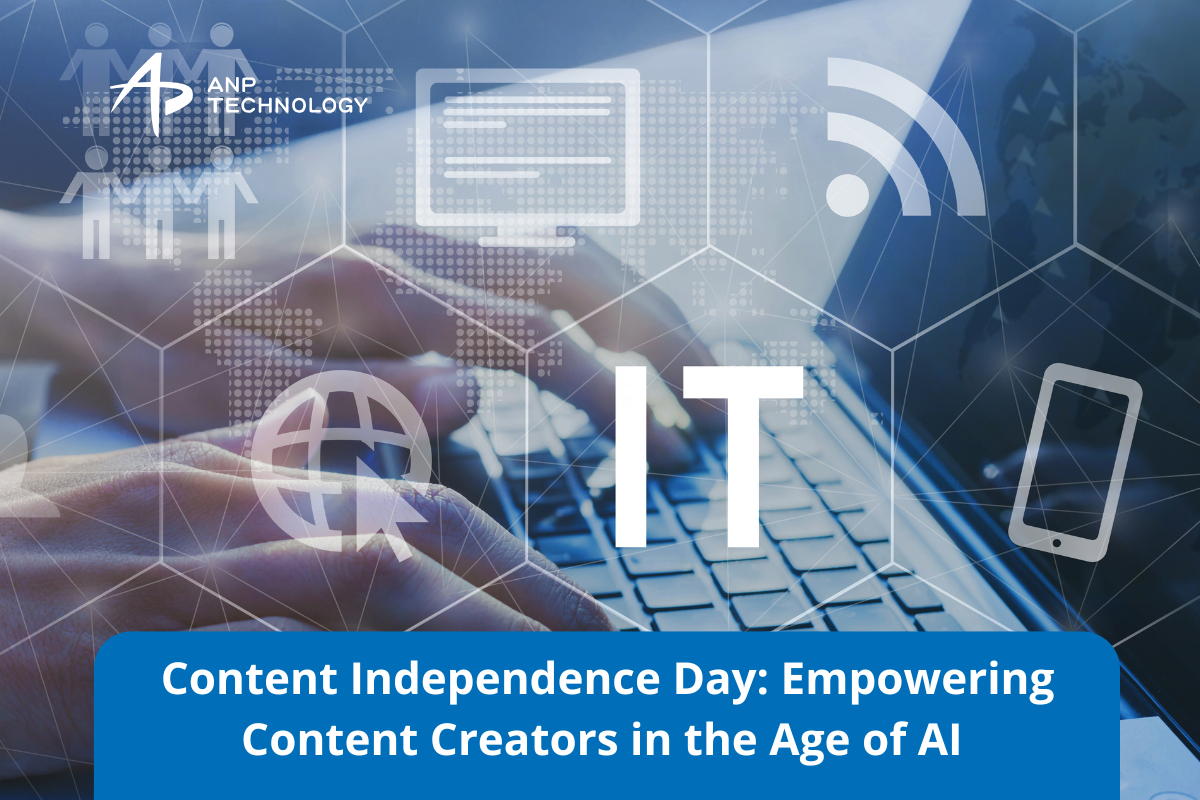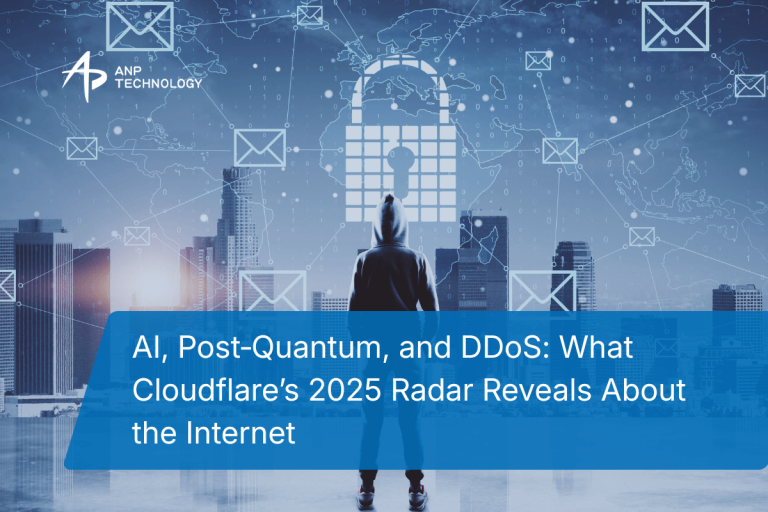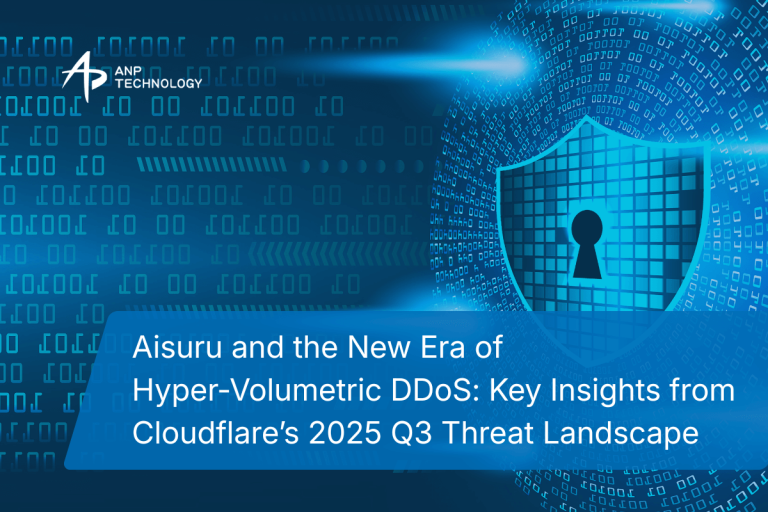
In today’s digital landscape, content creators are facing unprecedented challenges, particularly in the wake of artificial intelligence (AI) systems that scrape their work for free, often without credit or compensation. Cloudflare, a leading cloud services provider, has taken a bold step in reasserting the rights of content creators through its new initiative to prevent AI crawlers from accessing their content without permission or compensation. Dubbed “Content Independence Day,” this shift marks a critical turning point for both the AI industry and content producers.
The Disruptive Rise of AI Crawlers
Nearly three decades ago, two Stanford graduate students—Larry Page and Sergey Brin—embarked on a project called Backrub, which eventually gave birth to Google. Beyond revolutionizing search engines, this project laid the foundation for the web’s business model. The deal Google struck with content creators was simple: let us index and copy your content for search, and we’ll bring you traffic. In return, creators could benefit by monetizing that traffic through ads, subscriptions, or simply enjoying the recognition of their work being consumed.
For years, Google facilitated this arrangement, helping creators reach larger audiences through search, acquiring DoubleClick to introduce AdSense for ads, and launching Google Analytics with Urchin to allow creators to track their content’s engagement. This mutually beneficial system flourished for nearly thirty years, providing value to both creators and platforms.
But that relationship is beginning to shift. For the first time in over a decade, Google has seen a decline in its share of search traffic. The catalyst? Artificial Intelligence (AI).
The past two years have brought forth transformative AI systems that have begun to reshape how we interact with the internet. As AI tools like ChatGPT rise in popularity, many users are turning to these platforms for answers that they once sought through traditional search engines like Google. With the introduction of AI Overviews and answer boxes, Google has transformed from a search engine directing users to other sites to a self-contained platform offering answers directly on their page.
While this new interface benefits Google users, it has posed challenges for content creators. Google still scrapes and indexes content, but due to changes in search engine results pages (SERPs), it’s become increasingly difficult for creators to drive traffic to their sites. Over the past decade, creators have found that reaching the same volume of visitors has become nearly ten times more difficult.
But it’s not just Google that’s affecting content creators. Today’s AI tools, like OpenAI and Anthropic, make it even harder for creators to see the same traffic. OpenAI’s systems make it 750 times more challenging to attract traffic than the Google model did. With Anthropic, that number jumps to an astronomical 30,000 times. The reason for this shift is clear: we are no longer consuming original content; instead, we’re engaging with derivative AI-generated versions that bypass the original sources.
Read more: Introducing Pay Per Crawl: Empowering Content Creators to Monetize AI Access
How AI is Changing the Web for Content Creators
This shift has created a problem for content creators: whether you’re generating revenue through ads, subscriptions, or simply looking for acknowledgment of your work, an AI-driven web doesn’t offer the same rewards that the old search-driven system did. The once fair trade where creators allowed their content to be indexed in exchange for traffic now seems imbalanced.
AI systems are essentially strip-mining the web, consuming content without returning any real value to its creators. As a result, the creators who generate the fuel for these AI engines are left with little compensation for their efforts.
That all changes today. Welcome to Content Independence Day—a day when Cloudflare, along with the world’s leading publishers and AI companies, is taking a stand to protect content creators. From today, the default setting will block AI crawlers unless they pay creators directly for the use of their content. After all, content is the fuel that powers AI engines, and it’s only fair that creators are compensated for providing it.
This is a new era for content creators, where AI and the web must respect the work that powers them. Content Independence Day is about recognizing that the value of content shouldn’t just be extracted for free. Instead, creators deserve their fair share. The web is evolving, and today marks a crucial step toward a more equitable internet.
For nearly three decades, content creators have been accustomed to a symbiotic relationship with search engines. Websites allowed crawlers to index their pages in exchange for the visibility and traffic that led to increased revenue. However, with the rise of AI-driven platforms like ChatGPT and Google’s Gemini, this long-standing model has been disrupted. AI systems now scrape content from across the web to generate direct answers, summaries, and insights for users without sending them back to the original content sources. This not only reduces traffic but also strips content creators of the opportunity to monetize their work effectively.
Cloudflare’s Groundbreaking Initiative

In response to this emerging issue, Cloudflare has launched a series of initiatives designed to empower content creators and ensure they are compensated for the use of their work in AI training.
- Default Blocking of AI Crawlers: Cloudflare has introduced a feature that automatically blocks AI crawlers from accessing content unless explicit permission is given. This shift gives content creators the ability to protect their work from unauthorized use by AI systems (Cloudflare).
- Pay Per Crawl Program: The new “Pay Per Crawl” program allows website owners to set a price for AI crawlers to access their content. AI companies must decide whether to pay the fee or seek alternative sources of content. This introduces a direct revenue model for creators, making it possible to monetize their content in a new way (The Verge).
- Managed Robots.txt: Cloudflare offers a managed service that automatically updates and configures the robots.txt file of a website, preventing AI crawlers from scraping content without permission. This proactive measure ensures that content creators maintain control over how their data is used (Cloudflare).
- AI Labyrinth: In an innovative twist, Cloudflare has introduced the concept of the “AI Labyrinth.” This tool creates false data to mislead AI crawlers, effectively wasting their resources and reducing the effectiveness of scraping. By redirecting AI efforts toward irrelevant content, Cloudflare reduces the value of their data collection (Business Insider).
The Future of Content Monetization and AI Collaboration
The initiative, while innovative, is just the beginning. Cloudflare’s efforts signal a fundamental shift in how content creators and AI developers will interact. The company envisions the development of a marketplace where creators and AI companies can negotiate access to content and agree on fair compensation. This marketplace will ensure that the value of content is not solely determined by traffic but also by its contribution to the broader knowledge economy.
For creators, this model is a game-changer. It allows them to protect their intellectual property while still enabling the advancement of AI through selective sharing. For AI companies, it forces a rethinking of how data is sourced and offers an opportunity to build more transparent and mutually beneficial relationships with content producers.
Protecting the Digital Economy
The steps taken by Cloudflare mark a critical turning point for the digital economy. As AI becomes an increasingly important tool for content creation, content producers must be empowered to control how their work is used. By introducing new models of compensation and control, Cloudflare has set a precedent for a more equitable digital ecosystem, where creators are rightfully rewarded for their contributions to the AI revolution.
The movement for content independence is just beginning, but it offers hope for a more balanced and fair digital future. It demonstrates the importance of respecting the intellectual property of creators while still fostering the innovation that AI brings to the table. As we move forward, it will be crucial to continue developing frameworks that protect the rights of creators while enabling AI to thrive in a responsible and ethical manner.
Refrence:
https://blog.cloudflare.com/content-independence-day-no-ai-crawl-without-compensation



